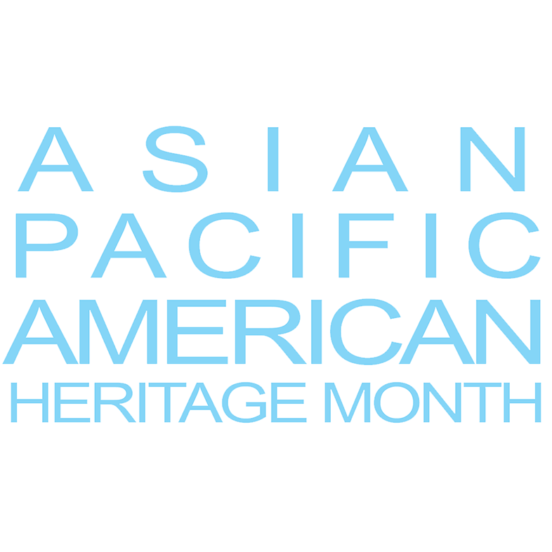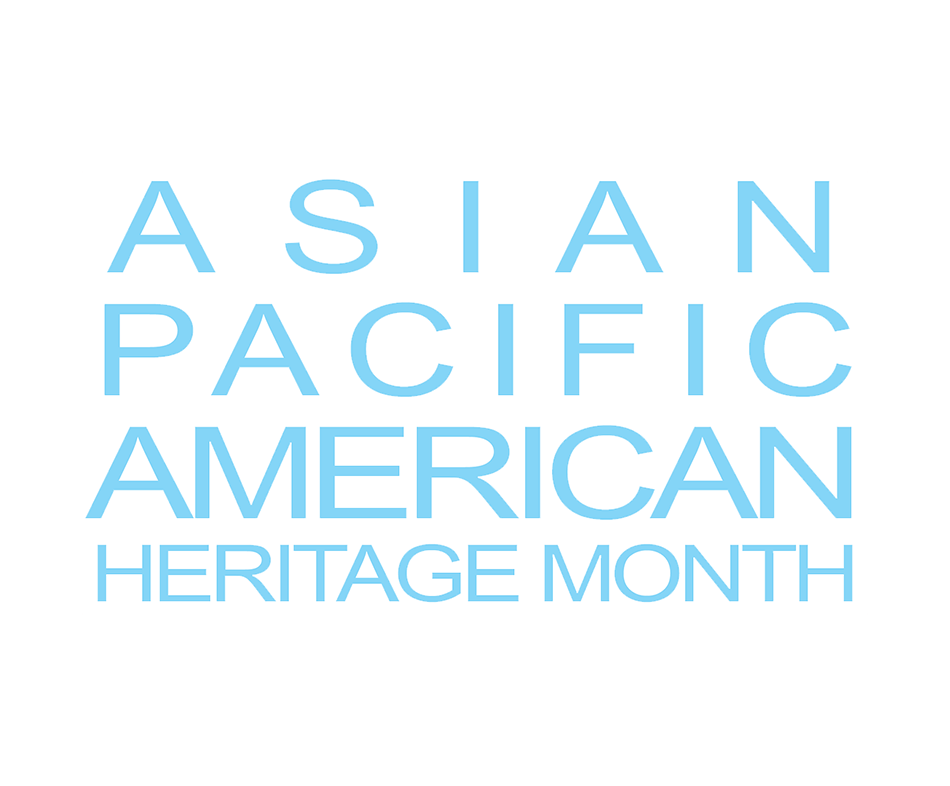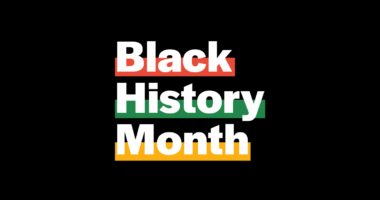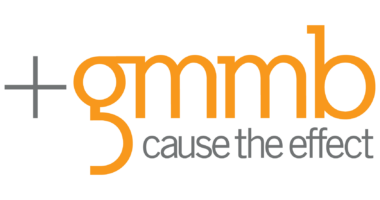GMMB News
Allyship Amid the Pandemic: How you can support Asian American communities
May 4, 2020

As we begin Asian American Pacific American Heritage Month (APAHM), we wanted to explore the rising xenophobic behavior and increasing reports of harassment against Asian American individuals and communities. The need for allies to speak up and proactively protect our communities from hate is ever more present.
Chantal shares, “My parents, like many immigrants, came from Kuala Lumpur, Malaysia and Busan, S. Korea in search for opportunity and a better life. They were lucky enough to plant our family in a neighborhood with white picket fences and local barbeques. They were excited for me to learn English, play sports, and watch American classics like Grease over and over again. Growing up in the progressive city of Portland, OR I have had the privilege of not being fully aware of the slight slant in my eyes, the color of my skin, my ‘Asian’-ness.”
However, as the novel coronavirus continues to spread rapidly around the globe, discrimination and racist remarks towards Asian Americans have grown exponentially along with it. Microaggressions, like President Trump’s insistence on calling COVID-19 the “Chinese Virus,” have sparked anger among many communities – instilling fear and encouraging racism towards Asians. Stop AAPI Hate received over 1,100 incident reports in just two weeks; a Chinese American woman in Brooklyn was burned outside her house by acid; a Burmese American family was stabbed at a Texas Sam’s Club; a 55-year-old Asian woman in New Jersey was punched in the head. These horrendous words and actions are a result of more than COVID-19–it’s the inherent belief, held by too many, that people of Asian descent are perpetual foreigners in the United States.
Chantal continues, “As an American, I have never been more aware of my Chinese background. I was suddenly perceived as ‘dirty,’ as if my own presence stained the air we breathed. I began rethinking my body language when I went out for groceries – how do I make myself ‘smaller’? I began to worry for the safety of my parents, my extended family, and my friends.”
Not all reactions to rising xenophobia have been the same, however. Former Democratic presidential candidate, Andrew Yang, recently wrote an op-ed for the Washington Post, acknowledging the increased racism towards Asians since the spread of coronavirus and what he believes the community should do in response.
Yang writes, “We Asian Americans need to embrace and show our American-ness in ways we never have before. We need to step up, help our neighbors, donate gear, vote, wear red white and blue, volunteer, fund aid organizations, and do everything in our power to accelerate the end of this crisis.”
This rhetoric supports the message that being American isn’t an inherent quality to your geography, but rather, a status that must be earned. While Yang honors how Japanese Americans rose to the occasion to protect their home country in World War II, he fails to mention how these same Japanese Americans were failed by their own country when they were treated as second rate citizens and sent to internment camps.
COVID-19 knows no race, color, culture, or ethnicity. Unlike people, this virus does not discriminate. Because there are so many uncertainties about this pandemic, fear has triumphed facts.
There are many different ways that good people can help to confront the rising racism towards Asian American and Pacific Islander communities:
- Use the language supported by scientists and public health officials when referring to COVID-19.
- Denounce rising discrimination and hate crimes by discouraging jokes that blame certain groups or countries for the spread of the virus.
- Encourage someone affected by discrimination or harassment to report their experience on Stop AAPI Hate.
- Share accurate and accessible information surrounding the pandemic. Verifying information before sharing is a simple way to protect others. To reach diverse populations, consider translating your materials into key languages that fit your audience.
- Reach out to your local officials to emphasize the need for policy that extends social resources to Asian American and Pacific Islander communities and small business owners.
Chantal concludes, “While fear deforms our humanity, the community I am surrounded by is constantly demonstrating that being kind is what truly makes us human.”
Small steps to prevent prejudice have an enormous impact. A vigilante group known as the Guardian Angels began patrolling the streets in New York’s Chinatown in early March to protect those targeted by hate crimes. Jewish organizations have written letters of support for the Asian American community. Now, more than ever, is a time for allies to speak up and support one another. So how are you confronting racism and supporting people of color?
Additional resources:
- The slur I never expected to hear in 2020 (The New York Times, Cathy Park Hong)
- ‘I became a person of suspicion’ (The New York Times, The Daily, hosted by Michael Barbaro)
- Confronting Racism and Supporting Asian American Communities in the Wake of COVID-19 (Urban Institute, Danielle Kwon)
- TELL YOUR STORY. HELP US TRACK HATE. (Asian Americans Advancing Justice)

)





